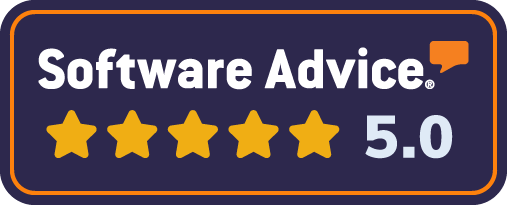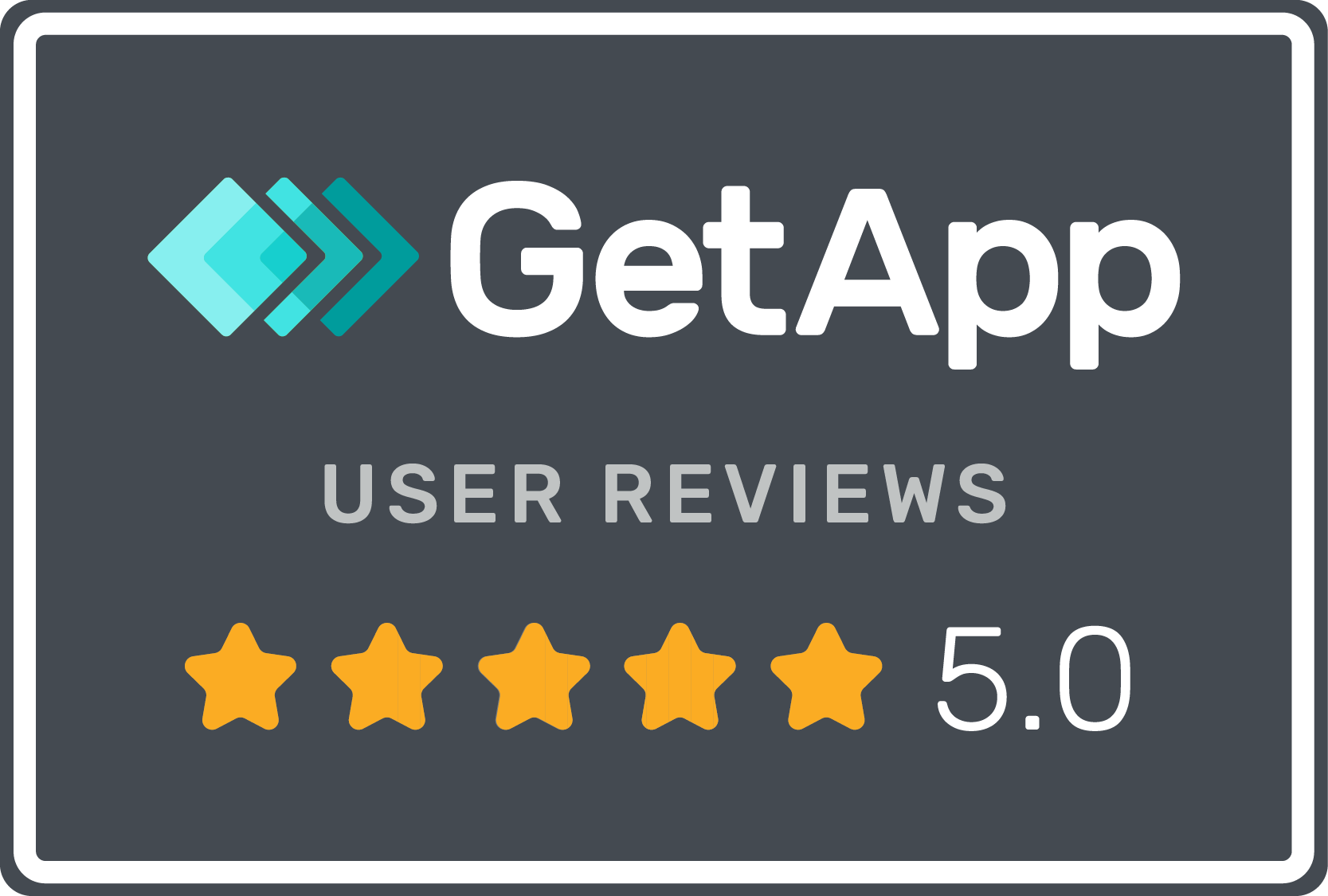Emil Wargelius, a passionate entrepreneur with a background in sales leadership and digital transformation, co-founded the startup Revelate. He loves building teams and driving innovation. In this Voices & Choices interview, Emil talks about his views on leadership, staying productive, and what he thinks the future of work will look like.
1. How many days per week do you prefer to work from home and why?
It depends. There have been phases where both my team and I have worked almost 100% from home, as well as periods where I was in the office five days a week. It depends much on the current circumstances. Working from the office can for example forge strong team bonds during challenging times that demand extra effort.
I recognize the need for general guidelines on office attendance, but I believe that the specific needs of the person, the team, and the situation play a more crucial role in achieving successful outcomes.
2. What is a hidden treasure among apps for you — a favorite application of yours that might be unknown to many?
All apps that minimize the volume of information I need to process to get to what really interests me. I estimate that 20% of the words I read are relevant. For me, that is not a particularly fast reader, lengthy emails and American white papers are probably my worst.
If I were to pick one favorite app, it would be ChatGPT. Although known by most, it is still used by too few. It significantly reduces the amount of text I need to read and write. I am so excited about the integration of more generative AI tools into our everyday work applications.
3. Any tips on how to use AI in daily life or work? What is your company policy around it?
We use AI for lots of things except customer and user information. Especially in content creation, content condensation, analyzing data and creative sparring. During a brief period of time, I built our MVP myself. At that time I talked more to ChatGPT than to my wife.
In general, people overestimate the interest others have in their information. We’re not publicly traded and we don’t deal with state secrets. But! We would never compromise our customers’ data.
4. What's your most important work tool, making you productive?
My phone and my feet. Lately, I’ve started to make lots of phone calls. It’s a great way of transferring information quickly and gaining energy at the same time. I loathe emails as much as I love the phone. And my feet? Walk over to your colleague or your client’s office. It will be worth the extra time spent. In this sense, I suppose I am de-digitizing.
5. What career tips would you give your younger self?
Follow your heart! If you do so, you will love what you do and be great at what you’re doing! I also read Malin’s advice on choosing your leader. As hard as it may be, it is a great advice!
6. What is your view on employee choice, i.e. flexibility for employees to choose their hardware and software?
I am all up for it! I realize this can make things more complicated for IT ops. but we need to remember what is the core of the business. Support functions should never dictate the terms for the direct value drivers. I think this is worth emphasizing because I’ve seen this principle fade in both large and small companies.
7. What is an ideal new employee onboarding experience?
Clear targets and expectations. If you cannot articulate your expectations to a new hire, perhaps they shouldn’t have been hired in the first place. Once expectations are set, it’s about removing any barriers to delivery: ensuring all necessary hardware and software are ready, and facilitating smooth integration into the organization by connecting them with key people and stakeholders.
Have you read? Voices & Choices #14: Interview with Erik Slottner - Minister for Public Administration & Digitization Sweden

"Voices and Choices" is a weekly interview series where we dig into how top talents, founders and leaders work and what makes them productive.









